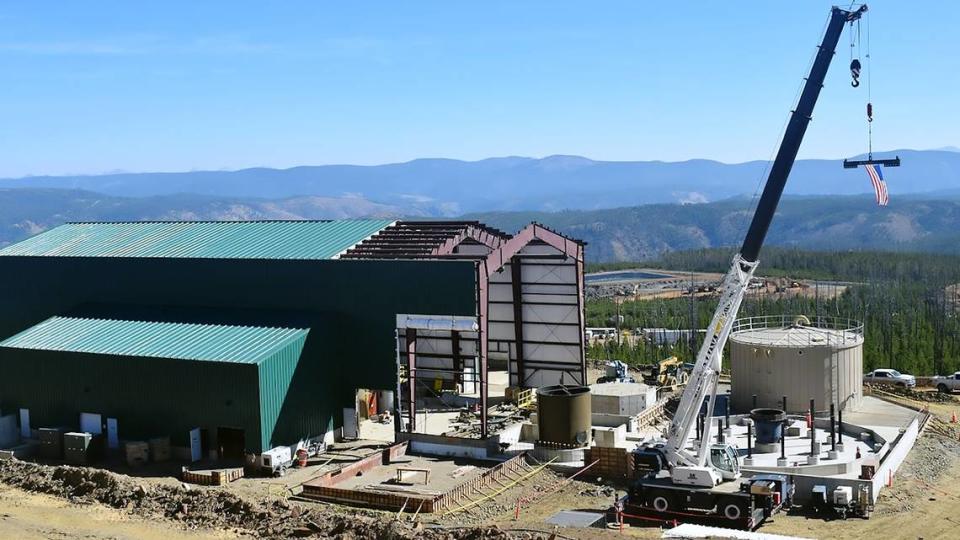A major Idaho cobalt mine was about to begin production. Its owner just changed course
A highly anticipated cobalt mine in the mountains near Salmon has been put on hold just as it was about to go into production. The mine would have been the only primary cobalt mine in the country.
Jervois Global Limited, of Melbourne, Australia, announced Tuesday that it would halt construction at its mine because of falling cobalt prices and the effects of inflation on construction costs.
The company’s decision came just prior to the start of the mine’s production of cobalt, and months after Idaho Gov. Brad Little, the Australian ambassador to the U.S. and other dignitaries visited the site to herald its arrival in the Salmon River Mountains.
“We’re disappointed, of course,” Tammy Stringham, executive director of the Lemhi County Economic Development Association, told the Idaho Statesman by phone. “This cobalt project has been in the works for close to 20 years. It has had many starts and stops over the years.”
A series of companies have owned this mine’s rights, and other companies are exploring deposits in the area. Jervois acquired eCobalt Solutions, a Canadian company that had owned the mining rights, in 2019. Jervois has invested more than $100 million in the mine since purchasing it.
The company had predicted that the mine would employ up to 180 people. Last fall, there were about 240 people, including building contractors, on site as prep work was underway to launch the mine.

In an announcement on Twitter, Jervois said it expects to resume efforts “over the medium term,” once the price of cobalt rises. Cobalt prices have fallen by more than half since early last year.
The Idaho mine had been welcomed by U.S. officials, who have ramped up efforts to secure domestic supplies of what are known as critical minerals, and which are used in batteries for electric vehicles and cellphones. The minerals are in high demand as the U.S. economy shifts away from fossil fuels.

 Yahoo Autos
Yahoo Autos 